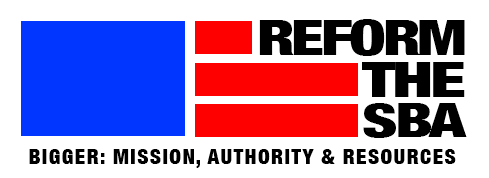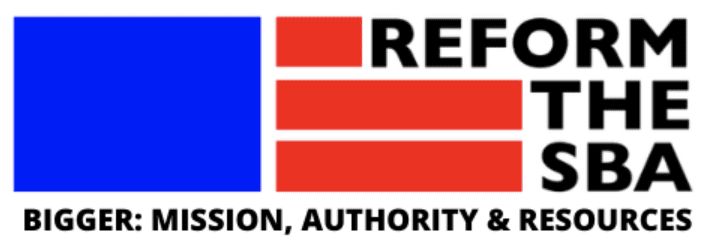One-quarter of Americans thought about starting a business during Covid-19, but the lack of financing was the big barrier for would-be entrepreneurs, according to the survey.
The Business Journals
June 232, 2021
One quarter of Americans wanted to start a business during Covid. Here’s what stopped them.
By Andy Medici – Senior Reporter, The Business Journals,
Numerous metrics show businesses formations surged in America during the Covid-19 pandemic, but a new survey from LendingTree suggests the boom could have been even larger.
One-quarter of Americans thought about starting a business during Covid-19, but the lack of financing was the big barrier for would-be entrepreneurs, according to the survey.
LendingTree surveyed 2,050 consumers about their thoughts on starting a small business and whether they took action on it, and found that Americans, not surprisingly, want to be their own boss and chart their own course, but face a number of obstacles.
The desire to start a business was strongest in millennials, with about 37% having thought about starting their own business in the last year, followed by Gen Z at 30% and Gen Xers at 25% — with just 7% of the baby boomer generation thinking about starting their own business.
And it wasn’t just talk either — with 64% of those groups taking some sort of action to form their own business, whether it was registering a company, applying for a loan or finding a business partner. About 21% worked part time on their business, according to the LendingTree survey.
Only 36% took no action, according to the survey.
“There’s no question that a lot of people did a lot of serious thinking during the pandemic. For a lot of people, all of the chaos around the past year might have been the final straw to push them to start their own business,” said LendingTree chief credit analyst Matt Schulz. “We’ve already seen entrepreneurship become such a huge thing for millennials in the wake of the Great Recession, where so many of them bear so many scars from that period that they simply don’t want to put their financial lives in other peoples’ hands.”
But overall, 40% said their biggest barrier was a lack of financing. That fear comes after a global pandemic that saw many businesses close their doors, and others hang on only through the extraordinary involvement of the federal government, including the Paycheck Protection Program, which doled out nearly 11 million forgivable loans, along with tens of billions of dollars in other grant programs.
“The fact that it can be difficult to get that financing is part of why a lot of people end up just looking at small business credit cards to get started,” Schulz said. “Especially in the pandemic, when you might have lost a job and you may be looking for the ability to get something started really quickly.”
About 81% of the people who wanted to start a business would take on debt to make it happen, while 82% would be willing to take a pay cut for a year in order to work on their business on the side.
And the biggest reason cited for starting a business? It wasn’t to get rich – although building wealth came in second – it was for more purpose and passion in their lives, with 34% of the prospective small-business owners stating that was their primary motivator.
“Even in a really tough economic time, people mostly went into these things because they really felt a passion about it,” Schulz said.
The strong interest in starting a business is backed up by data from payroll and benefits platform Gusto, which said that Americans formed 4.1 million new businesses in 2020. But it also showcased the potential downsides, with 51% of those new business owners believing their businesses will fail within the next 12 months without governmental assistance – more than twice the normal failure rate.
More than half of minority-owned small-business owners said they had trouble paying rent in June, according to another survey. One major stress on small-business owners is finding workers, and rising employee costs. That worker shortage has led some small-business owners to offer higher pay and big bonuses not normally seen outside December, according to a recent report by payroll provider Gusto. And even higher pay isn’t working, as workers seem uninterested in returning to the type of work they had before the pandemic.
And many workers no longer want to head to an office to get the job done. The average worker, according to one study, is willing to take a small pay cut to continue working from home two or three days a week after the pandemic ends. Employees at some of the biggest tech companies are also willing to take a pay cut in order to relocate to a cheaper part of the country — and by a wide margin

